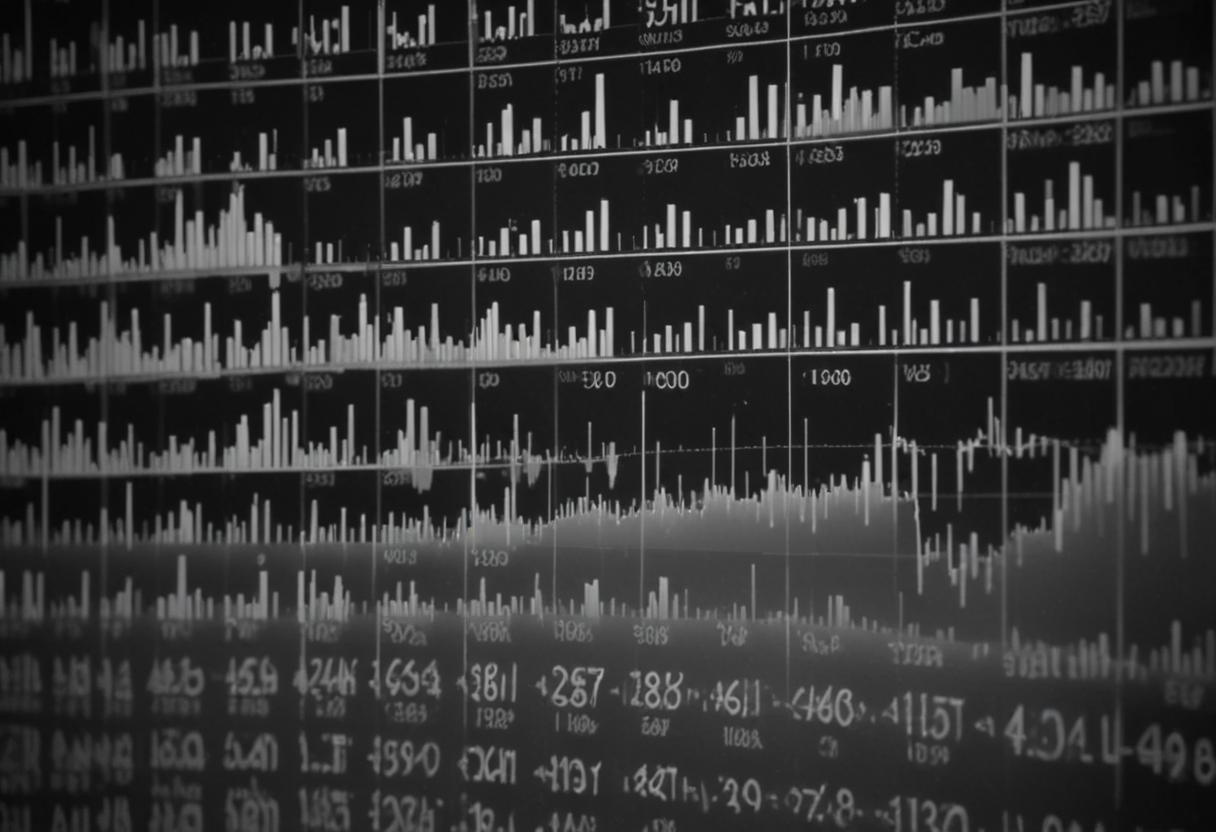The stock market is a cornerstone of the global economy, facilitating the buying and selling of ownership shares in publicly traded companies. While it can seem complex and opaque to outsiders, understanding its inner workings can demystify the process and highlight the market’s crucial role in wealth creation and economic growth. This article offers an insider’s perspective on how stock markets operate, from the basics of stock exchanges to the mechanisms of trading and market regulation.
What is a Stock Market?
A stock market is a network of exchanges where investors can buy and sell shares of publicly traded companies. The primary function of a stock market is to provide a platform for companies to raise capital from investors through the issuance of stocks (equity) and for investors to potentially earn returns on their investments.
Key Components of the Stock Market
1. Stock Exchanges
Stock exchanges are organized marketplaces where stocks are listed and traded.
The most well-known exchanges include:
New York Stock Exchange (NYSE): The largest and oldest stock exchange in the world, known for its stringent listing requirements.
Nasdaq: A global electronic marketplace known for its high concentration of technology stocks.
London Stock Exchange (LSE): One of the oldest stock exchanges, playing a vital role in European and global finance.
Tokyo Stock Exchange (TSE): The largest stock exchange in Japan and one of the largest in Asia.
2. Listed Companies
These are companies that have issued shares of stock to the public through an initial public offering (IPO) and are listed on an exchange. Public companies are subject to regulatory oversight and must disclose financial information to ensure transparency.
3. Investors
Investors in the stock market can be individuals (retail investors), institutions (such as mutual funds, pension funds, and hedge funds), or insiders (executives and employees of the listed companies).
4. Brokers
Brokers act as intermediaries between buyers and sellers. They facilitate the execution of trades on behalf of investors and may provide additional services such as investment advice and research.
How Stocks Are Traded
1. Order Placement
Investors place orders to buy or sell stocks through their brokers. Orders can be of various types:
Market Orders: An order to buy or sell a stock immediately at the best available current price.
Limit Orders: An order to buy or sell a stock at a specific price or better.
Stop Orders: An order to buy or sell a stock once it reaches a specified price, converting to a market order when the stop price is reached.
2. Order Matching
Once an order is placed, it enters the exchange’s order book, where it is matched with a corresponding order. For example, a buy order is matched with a sell order at a mutually agreeable price.
3. Trade Execution
When a match is found, the trade is executed. This involves the transfer of ownership of the stock from the seller to the buyer and the corresponding transfer of funds from the buyer to the seller.
4. Settlement
Settlement is the process of finalizing the trade, ensuring that both the buyer receives the stock and the seller receives the payment. This process typically takes two business days (T+2) to complete.
Market Mechanisms
1. Price Discovery
Price discovery is the process of determining the price of a stock based on supply and demand dynamics. Prices fluctuate throughout the trading day as investors buy and sell shares, influenced by various factors such as company performance, economic indicators, and market sentiment.
2. Market Makers
Market makers are firms or individuals that provide liquidity to the market by continuously buying and selling stocks at publicly quoted prices. They play a crucial role in ensuring that there is always a market for stocks, reducing the likelihood of large price swings and improving market efficiency.
3. High-Frequency Trading (HFT)
High-frequency trading involves the use of sophisticated algorithms and powerful computers to execute trades at extremely high speeds. HFT firms capitalize on small price discrepancies in the market, contributing to liquidity but also raising concerns about market volatility and fairness.
Market Regulation
Stock markets are heavily regulated to protect investors and ensure fair and orderly trading. Key regulatory bodies include:
Securities and Exchange Commission (SEC) in the United States: Oversees securities markets, enforces securities laws, and protects investors.
Financial Conduct Authority (FCA) in the United Kingdom: Regulates financial firms and markets to ensure integrity and transparency.
Japan Financial Services Agency (JFSA): Regulates financial markets in Japan, maintaining the stability of the financial system.
Factors Influencing Stock Prices
1. Company Performance
Earnings reports, management decisions, and business developments directly impact a company’s stock price. Positive news such as strong earnings or product launches can drive prices up, while negative news can cause prices to fall.
2. Economic Indicators
Macroeconomic factors such as interest rates, inflation, and unemployment rates influence investor sentiment and stock prices. For example, lower interest rates typically boost stock prices as borrowing costs decrease and consumer spending increases.
3. Market Sentiment
Investor sentiment, driven by news, events, and trends, can lead to fluctuations in stock prices. Market sentiment is often influenced by factors such as geopolitical events, technological advancements, and changes in consumer behavior.
4. Supply and Demand
The fundamental principle of supply and demand plays a significant role in stock price movements. High demand for a stock can drive prices up, while high supply can drive prices down.
Understanding the inner workings of the stock market can provide valuable insights into the dynamics of trading and investing. From the role of stock exchanges and brokers to the mechanisms of order execution and price discovery, each component plays a crucial part in the efficient functioning of the market. While the stock market offers opportunities for wealth creation, it also involves risks that require careful consideration and informed decision-making. By gaining a deeper understanding of how stock markets work, investors can navigate the complexities of the market with greater confidence and skill.







